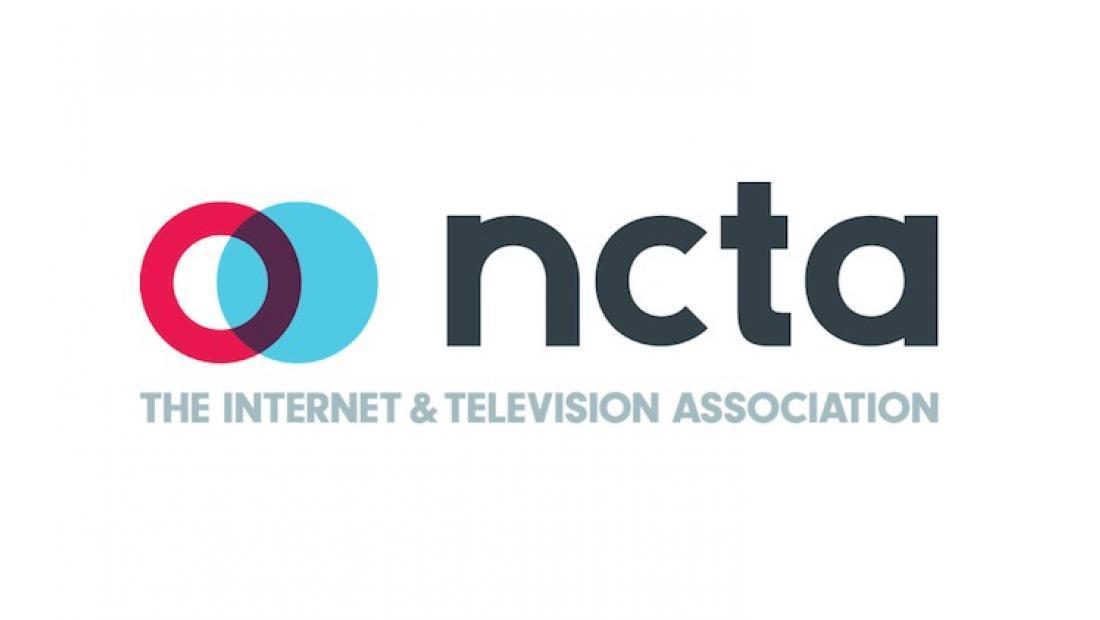NCTA Seeks FCC Retrans Conditions on Standard General-Tegna
If so, association has no problem with FCC approving TV station deal

The smarter way to stay on top of the multichannel video marketplace. Sign up below.
You are now subscribed
Your newsletter sign-up was successful
NCTA-The Internet & Television Association, said it has no problem with the FCC approving the Standard General-Tegna deal, but only if the commission imposes binding conditions that hold the companies and their deal financing partner--Apollo Global Management/Cox Media Group, to their pledge that they would not strike TV station sharing arrangements or sidecar deals post-merger.
NCTA is concerned that the complex web of license transfers and spin-offs in the deal could prove a way to end-run the FCC's ban on joint, coordinated, retrans negotiations by two stations in a market unless they are commonly owned, joint negotiations that can drive up the price cable operators pay for local TV station signals.
NCTA told the commission in comments on the proposed $8 billion-plus deal this week that the FCC prohibition on coordinated retrans could be thwarted by "interlocking relationships that may allow one station to exert significant influence over another even while remaining 'non-attributable' under current FCC rules, and/or by so-called 'sidecar agreements' such as Joint Sales Agreements (“JSAs”) and Local Marketing Agreements (“LMAs”)."
Also: Graham Media Joins Opposition to Standard General-Tegna Deal
NCTA pointed to Apollo Global Management's (AGM) financing role in the deal--AGM also owns Cox Media Group (CMG), and markets where both Tegna and CMG will own stations--Atlanta, Seattle, Charlotte, Jacksonville, Memphis and Spokane, as potential opportunities for coordinated retrans.
Standard General and Tegna have told the commission that they have no intention of negotiating retrans jointly or “enter[ing] into any Sharing Agreements or other agreements related to programming, operations, or sale of advertising with each other for any station," NCTA said. The companies also said that neither ABM or CMG have any ability to participate in the management or operations of Tegna stations, including retrans negotiations, after the deal.
But NCTA wants the FCC to adopt binding conditions to that effect, saying that despite those pledges, "the collection of interlocking relationships creates, in the aggregate, a high risk that the parties, post transaction, will have the incentive and the ability to share information or otherwise coordinate their retransmission consent negotiations."
Also: Unions Try to Block Standard General-Tegna Deal
To remove that incentive and ability, NCTA wants the FCC to adopt binding conditions that keep the deal from becoming a vehicle (with "sidecar") for bypassing joint negotiation prohibitions. And since the commitments would simply align with the pledges already made, it should not be a problem for the merging/swapping/investing parties.
NCTA offered some suggesting conditions:
1. "No employee or agent of TEGNA or CMG/Apollo involved in retransmission consent negotiations may review any retransmission agreement to which the other entity is a party, or receive non-public information with respect to such agreement."
2. "No employee or agent of TEGNA or CMG/Apollo may provide a copy of a station
agreement or non-public information regarding such agreement to any employee or agent of the other entity involved in retransmission consent agreements."
3. "TEGNA and CMG-Apollo may not engage common legal counsel or other agents in
connection with retransmission consent negotiations."
4. "TEGNA and CMG/Apollo must each maintain in its online public file a list of all other broadcast stations with which it has a sidecar agreement, the licensee of each such station, and whether Tegna or CMG/Apollo has an attributable interest in the licensee."
5. "As the applicants committed in their June 13 Letter, the FCC should also adopt a merger condition that the “Combined Company, AGM, and CMG . . . will not enter into any Sharing Agreements or other agreements related to programming, operations, or sale of advertising with each other for any station.”
6. "Any new JSA, LMA, SSA or similar agreement involving TEGNA or CMG/Apollo that is not otherwise barred by the immediately preceding condition must be filed in the stations’ online public files and separately in the instant merger docket 30 days prior to taking effect."
If the FCC imposes those or similar conditions, said NCTA, it "does not oppose the transaction under consideration in this docket." ■
The smarter way to stay on top of the multichannel video marketplace. Sign up below.
Contributing editor John Eggerton has been an editor and/or writer on media regulation, legislation and policy for over four decades, including covering the FCC, FTC, Congress, the major media trade associations, and the federal courts. In addition to Multichannel News and Broadcasting + Cable, his work has appeared in Radio World, TV Technology, TV Fax, This Week in Consumer Electronics, Variety and the Encyclopedia Britannica.

